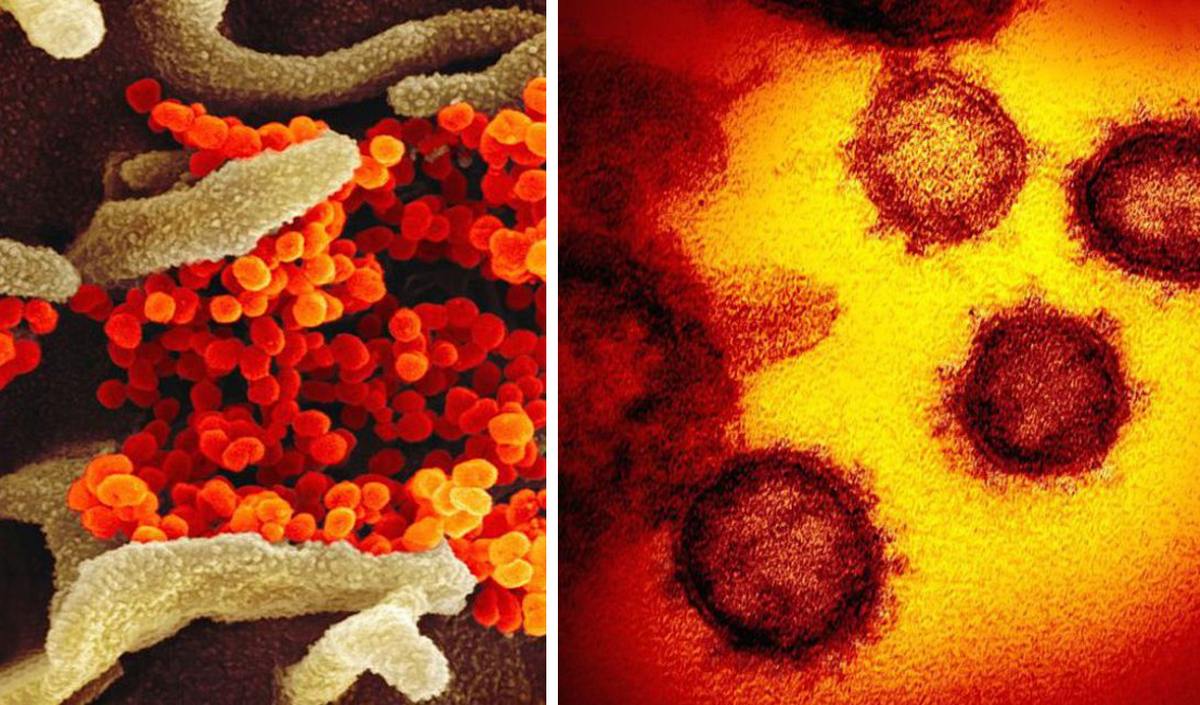A causal relationship between blood type and severe COVID-19 has been identified by researchers at King’s College London. According to their study, there are some reasons that with the second blood group, ie, those who belong to group A, have a higher risk of hospitalization with a positive test for coronavirus and death. The findings are published in the journal PLOS Genetics.
The new study analyzed more than 3,000 proteins to determine which of them are associated with the development of severe COVID-19. This is the first study to evaluate such a large number of proteins for their association with COVID-19.
Researchers have identified six proteins that may be at increased risk for severe COVID-19 and eight that may contribute to protection against severe COVID-19. One protein (ABO), which has been identified as causally linked to the risk of severe COVID-19, identifies blood groups, suggesting that blood groups play an important role in the development of severe disease in humans.
“We used a purely genetic approach to study large amounts of blood proteins and found that some had causal links with the development of severe COVID-19. Grinding out this group of proteins is a vital first step in identifying potentially valuable targets for developing new treatments,” said co-author and Dr. Alish Palmos.
Assessing how blood proteins are associated with the disease can help understand the underlying mechanisms and identify potential new targets for drug development or redesign. Protein levels can be measured directly from blood samples, but conducting such tests for large amounts of protein is expensive and cannot establish a causal direction. This is where genetics can play a role.
“A causal relationship between exposure and disease can be established because genetic variants inherited from parents to offspring are randomly distributed at conception, just as a randomized controlled trial divides people into groups. In our study, the groups were determined by their genetic predisposition to different blood protein levels, which allows us to assess the cause-and-effect relationship from high blood protein to COVID-19 severity, avoiding environmental influences,” said co-author and Dr. Vincent Millisher. from the Medical University of Vienna.
The study looked at two additional levels of COVID-19 severity: hospitalization and respiratory support or death. The analysis showed that the enzyme (ABO), which determines the blood type, was associated with both an increased risk of hospitalization and the need for respiratory support. This confirms previous findings about the association of blood type with a higher probability of death. In addition to previous studies, the proportion of group A, ie those with the second blood group, is higher in people with COVID-19 positive, which suggests that this blood group is a candidate for further research, said Dr. Christopher Hubel – another author of the work.
The researchers also identified three adhesion molecules (membrane proteins) as causally related to a reduced risk of hospitalization and the need for respiratory support. Because these molecules mediate the interaction between immune cells and blood vessels, this echoes previous studies that suggest that late-stage coronavirus is also a disease that affects the mucous membranes of blood vessels.
The study identified a number of possible targets for drugs that could be used to treat severe COVID-19. They will require further clinical research, which may be conducted as part of a broader study.
“What we did in our study was provide a short list for the next phase of research. Of the 1,000 blood proteins, we have reduced it to about 14, which have some form of causal relationship to the risk of severe COVID-19 and is a potentially important way for further research to better understand the underlying mechanisms of COVID-19, with the ultimate goal of developing new treatments, but potentially preventive treatments,” said Jerome Brin, a professor of genetics and co-author of the paper.

